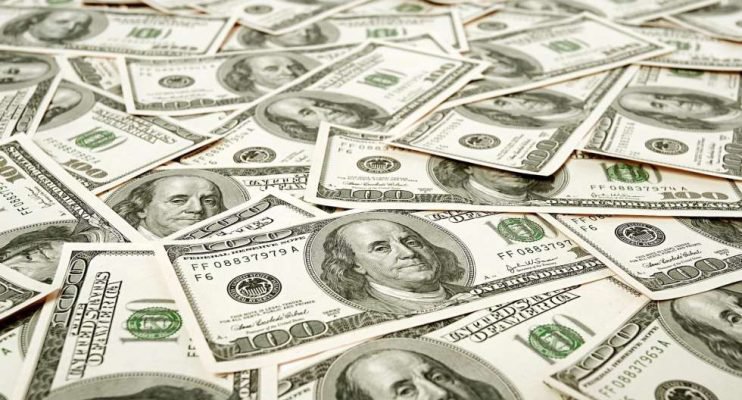Economy
Foreign reserves drop by $673.13m in two months
The country’s foreign reserves fell by $673.13m from $36.57bn on June 1 to $35.89bn on July 28, the latest figures from the Central Bank of Nigeria showed on Thursday.
The CBN, in its first-quarter economic report, titled ‘Gross official external reserves,’ said the gross external reserves fell in the first quarter of 2020..

It stated that gross external reserves were $33.69bn at the end of March 2020.
This indicated a net decrease of 11.6 per cent, compared with the level in the fourth quarter of 2019.
The external reserves position would cover 4.5 months of import of goods and services or 7.3 months of import of goods only, based on the estimated value of imports for the first quarter of 2020.
A breakdown of the external reserves by ownership showed that the share of federation reserves was $0.32bn (0.9 per cent); Federal Government reserves, $5.85bn (17.4 per cent); and the CBN reserves, $27.52bn (81.7 per cent) of the total figure.
The CBN Governor, Mr Godwin Emefiele, at the last Monetary Policy Committee meeting, reiterated the need for the government to urgently reduce its reliance on oil revenue by gradually diversifying the economy and improving tax collection.
He said headwinds to growth remained the legacy issues of the persistent infrastructural and security challenges.
“Central to the committee’s considerations were the impact of the COVID-19 pandemic, the oil price shock and the likely short- to medium-term consequences on the Nigerian economy,” he said.
Emefiele added that the committee acknowledged the gradual improvement in macroeconomic variables, particularly the improvement in the equities market, the containment measures of the COVID-19-induced health crisis and the impact of the increase in crude oil price on the external reserves.
-

 Celebrity Gossip & Gist2 days ago
Celebrity Gossip & Gist2 days ago“The money wey dem pay me don expire” – Moment Burna Boy stops his performance at the Oando PLC end of the year party (Video)
-

 Economy2 days ago
Economy2 days agoGoods worth millions of naira destroyed as fire guts spare parts market in Ibadan
-

 Celebrity Gossip & Gist15 hours ago
Celebrity Gossip & Gist15 hours agoMoment stage collapses on Odumodublvck during concert performance (Video)
-

 Economy15 hours ago
Economy15 hours agoPresident Tinubu cancels Lagos engagements in honor of food stampede victims




